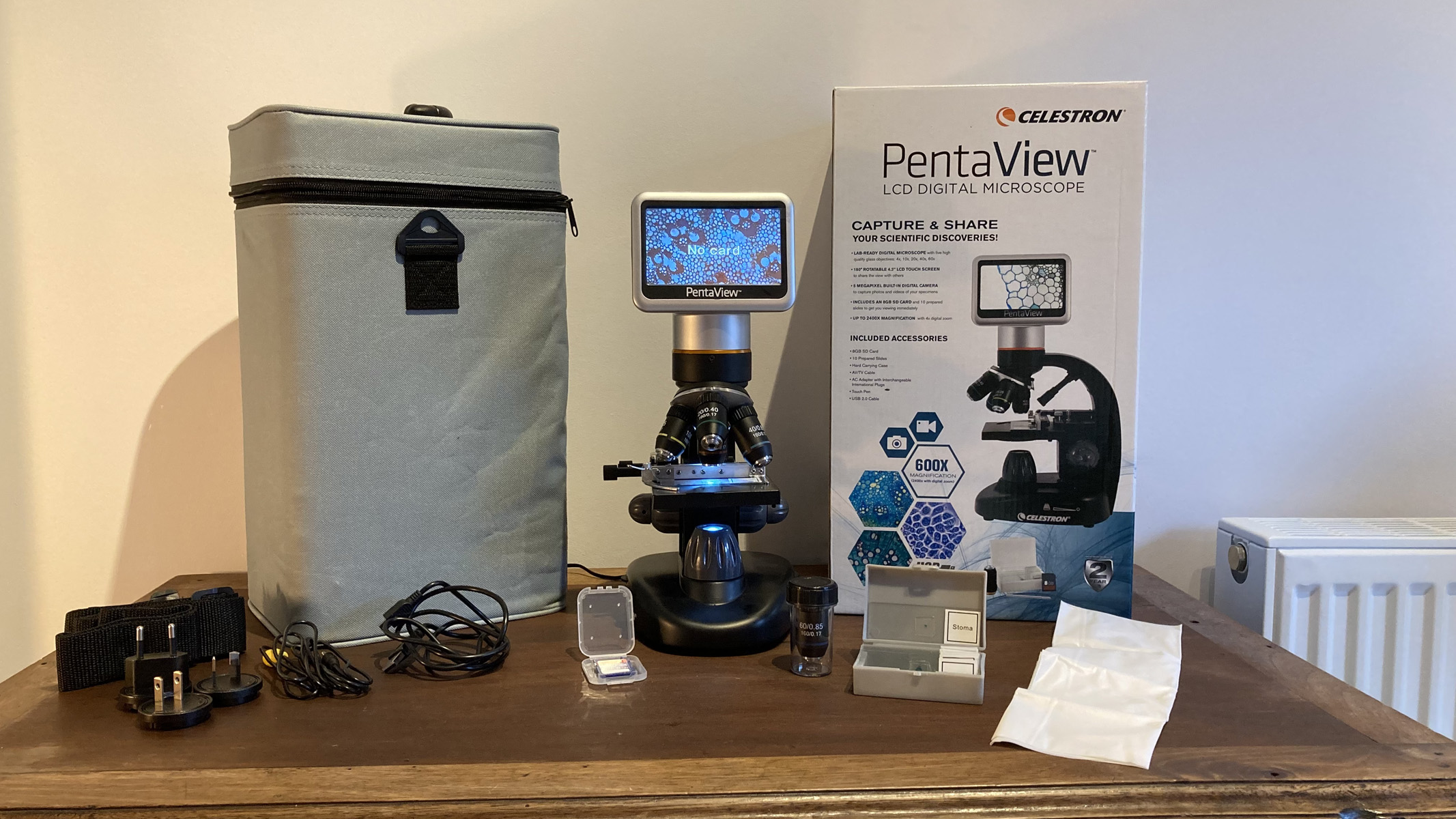IJERPH, Vol. 20, Pages 1706: Research Progress and Hotspot Analysis of Residential Carbon Emissions Based on CiteSpace Software
International Journal of Environmental Research and Public Health doi: 10.3390/ijerph20031706
Authors: Yi Chen Yinrong Chen Kun Chen Min Liu
Residential carbon emissions are one of the critical causes of climate problems such as global warming. It is significant to explore the development and evolution trend of residential carbon emissions research for mitigating global climate change. However, there have been no studies that comprehensively review this research field. Based on the research papers on residential carbon emissions included in the Web of Science core database and China National Knowledge Infrastructure database, the CiteSpace bibliometric analysis software was used in this paper to draw the visual knowledge map of residential carbon emissions research and reveal its research status, research hotspots, and development trend. We found that residential carbon emissions research has gone through the stage of “emergence–initiation–rapid development”, and the research in the United States and the United Kingdom has played a fundamental role in developing this research field. Research hotspots mainly focus on analyzing energy demand, quantitative measurement, and impact mechanisms of residents’ direct and indirect carbon emissions and low-carbon consumption willingness. The focus of research has gradually shifted from qualitative analysis based on relevant policies to the analysis of quantitative spatiotemporal measurements and drive mechanisms of direct and indirect carbon emissions from residential buildings, transportation, and tourism based on mathematical models and geographic information system technologies. Modern intelligent means such as remote sensing technology and artificial intelligence technology can improve the dynamics and accuracy of this research, but there are few related types of research at present. Based on these research status and trends, we proposed that the future research direction of residential carbon emissions should focus more on spatial analysis and trend prediction based on intelligent methods under a low-carbon background.

 1 year ago
44
1 year ago
44


